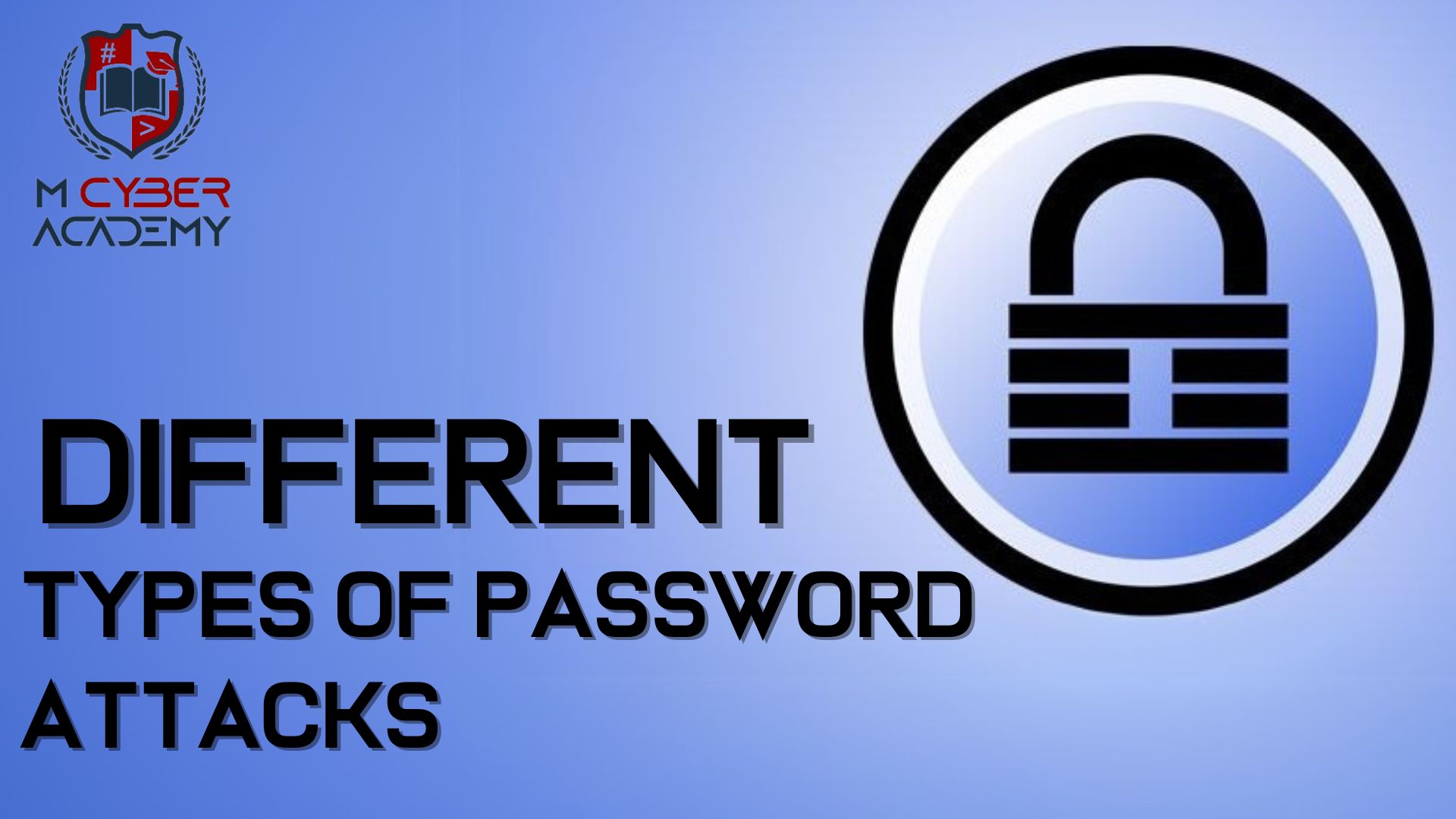
Understanding Different Types of Password Attacks and Cybersecurity Opportunities
"Learn about common password attacks and ways to protect yourself. Explore cybersecurity courses and certifications to stay safe and advance your career."
Understanding Different Types of Password Attacks

In the world of cybersecurity, passwords act as keys to keep our information safe. However, some people with bad intentions try to steal these keys. This is called a password attack. If you’re curious about how these attacks work, let’s dive in with simple examples and tips to protect yourself.
If you want to learn more about staying safe online, joining a cyber security course in Rohtak or a cyber security course in Haryana can be a great idea. Let’s understand some common password attacks!
1. Brute Force Attack
Imagine you have a lock, and someone is trying every possible combination of numbers until they open it. That’s what happens in a brute force attack. Hackers use software that tries thousands or even millions of possible passwords until it finds the right one.
How to protect yourself:
- Use strong, long passwords with a mix of letters, numbers, and symbols.
2. Dictionary Attack
This is when hackers use a list of common words and simple passwords, like “password123” or “123456.” They hope you’ve picked a password that’s easy to guess.
How to protect yourself:
- Avoid common passwords and phrases. Always create unique ones!
3. Phishing
Have you ever received a fake email that looks real? Phishing tricks people into sharing their passwords by pretending to be a trusted person or company.
How to protect yourself:
- Never click on strange links, and don’t share your password unless you’re 100% sure it’s safe.
4. Keylogging
Keyloggers are sneaky software or devices that record everything you type, including your passwords. These are often installed without your knowledge.
How to protect yourself:
- Use antivirus programs and avoid downloading files from untrusted sources.
5. Credential Stuffing
If hackers steal passwords from one account, they try the same passwords on other accounts. Many people reuse passwords, so this attack works surprisingly well.
How to protect yourself:
- Use different passwords for every account and enable two-factor authentication (2FA) whenever possible.
Why Cybersecurity Knowledge Matters
Learning about cybersecurity is the first step to staying safe online. If you want to dive deeper, consider enrolling in an ethical hacking course in Rohtak or an ethical hacking course in Haryana. These courses teach you how hackers think so you can stay one step ahead.
Study at the Best Cybersecurity Academy
If you’re looking to build a career in cybersecurity, start with the best cyber security academy in Rohtak or the best cyber security academy in Haryana. These institutions, like M Cyber Academy, offer hands-on learning and expert guidance. For those considering a professional step, a cyber security diploma in Rohtak can give you the knowledge you need to excel in this field.
Final Thoughts
Understanding how hackers attack passwords can help us create stronger ones and stay safe online. Whether it’s protecting your social media or banking accounts, cybersecurity skills are essential today.
If you want to secure your online presence or pursue a career in cybersecurity, check out the best cyber security institute in Rohtak or the best cyber security institute in Haryana. Your journey to becoming a cybersecurity expert starts with the right guidance!